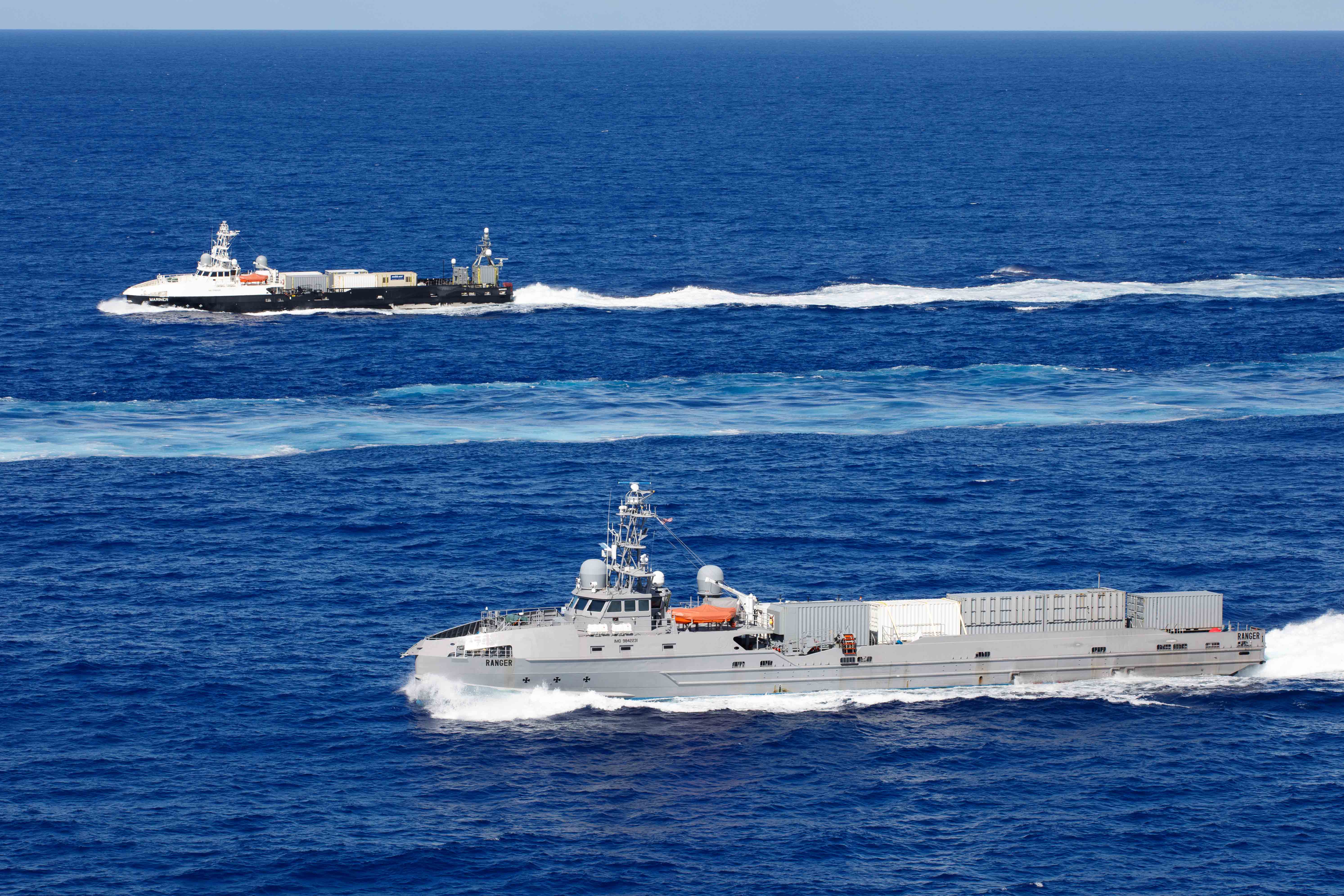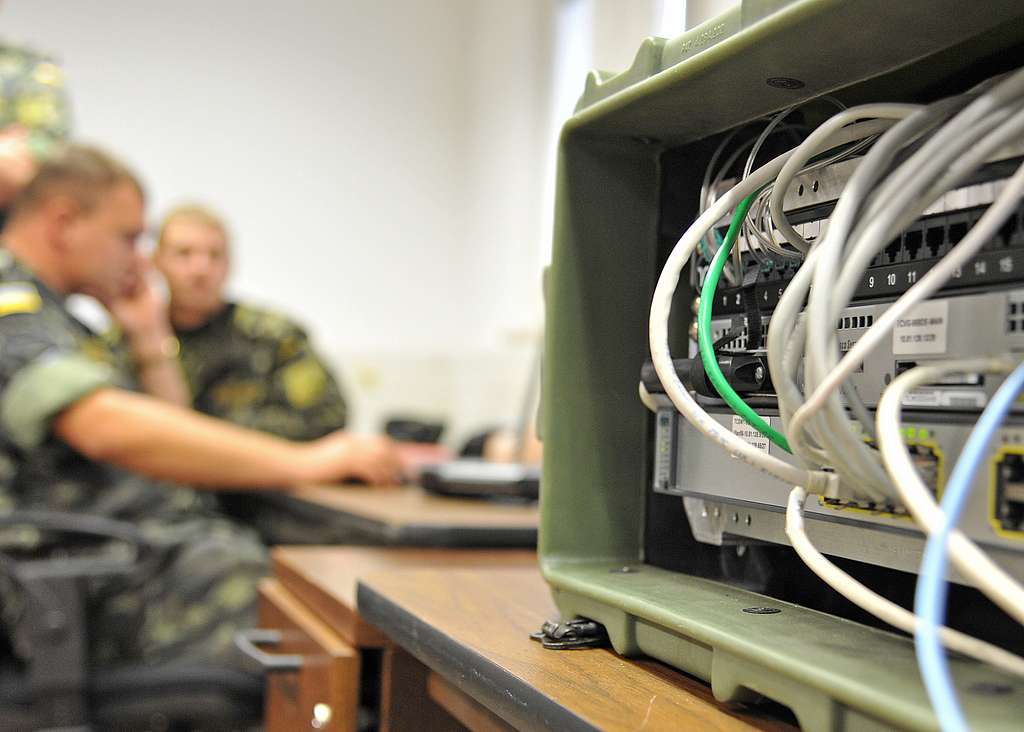Credit to Obama?
It is better to be lucky than to be good, and we might well find out here that President Obama has lucked into this one. But it's worth pausing for a moment over the possibility that a significant strategic insight on Obama's own part may have played a role in making this operation possible. Obama, after all, talked about the need to go after Al Qaeda's leadership in Pakistan during the 2008 campaign. He way out-flanked John McCain, who was far more reticent on this point, in his insistence that it was proper to project force into Pakistan.
Published by The Lawfare Institute
in Cooperation With

It is better to be lucky than to be good, and we might well find out here that President Obama has lucked into this one. But it's worth pausing for a moment over the possibility that a significant strategic insight on Obama's own part may have played a role in making this operation possible. Obama, after all, talked about the need to go after Al Qaeda's leadership in Pakistan during the 2008 campaign. He way out-flanked John McCain, who was far more reticent on this point, in his insistence that it was proper to project force into Pakistan. And he significantly ramped up the use of drones in that region almost immediately upon taking office. As Lawfare's new book review editor, Kenneth Anderson, has presciently written:
It is a slight exaggeration to say that Barack Obama is the first president in American history to have run in part on a political platform of targeted killings—but not much of one. During the campaign, he openly sought to one-up the Republican nominee, Sen. John McCain, in his enthusiasm for the use of targeted strikes in Pakistan against al Qaeda figures. “You know,” he said in his speech at the Democratic National Convention, “John McCain likes to say that he’ll follow [Osama] Bin Laden to the Gates of Hell, but he won’t even go to the cave where he lives.” That he would, as president, follow bin Laden to his cave, with or without the cooperation of the Pakistani government, he made perfectly clear. “If we have actionable intelligence about high-value terrorist targets and President [Pervez] Musharraf won’t act, we will,” he said in another speech. Indeed, while he criticized President Bush for being too aggressive in many aspects of counterterrorism, with respect to targeted killings, his criticism was the polar opposite: “The Bush administration has not acted aggressively enough to go after al Qaeda’s leadership,” he said. “I would be clear that if Pakistan cannot or will not take out al Qaeda leadership when we have actionable intelligence about their whereabouts, we will act to protect the American people. There can be no safe haven for al Qaeda terrorists who killed thousands of Americans and threaten our homeland today.”It may, of course, be coincidence that this opportunity arose for the guy who promised to seize such opportunities. And I certainly don't mean to suggest that President Bush would have let an opportunity like this pass--which I don't believe for a moment. But I wonder if there was any nexus between Obama's consistent rhetoric on this point and policy that may have been helpful in bringing this about.
Benjamin Wittes is editor in chief of Lawfare and a Senior Fellow in Governance Studies at the Brookings Institution. He is the author of several books.





